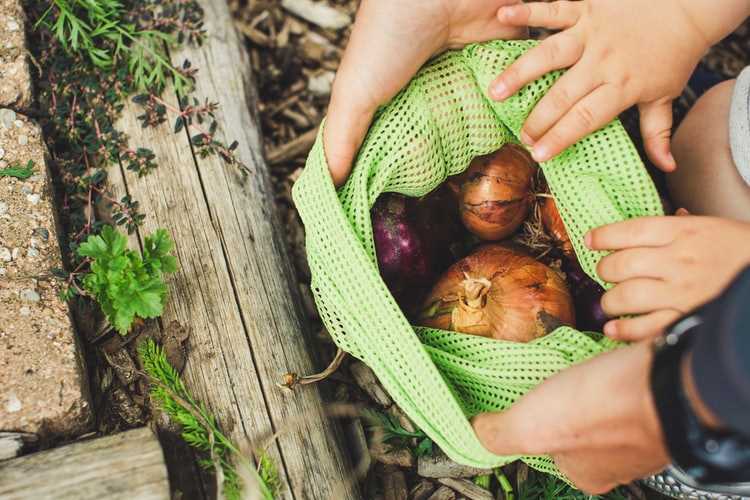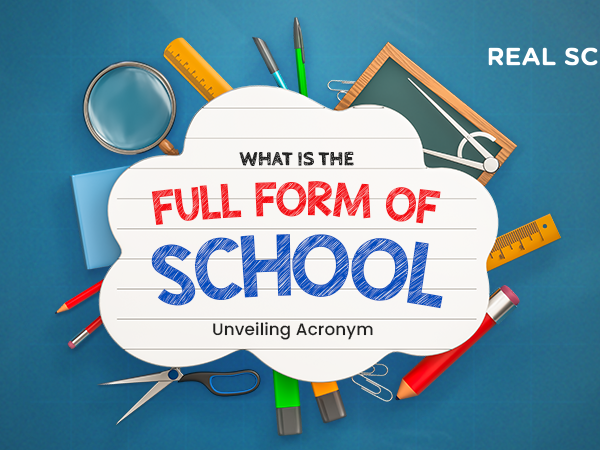Food waste or food loss means food that is not eaten. There are numerous causes of food waste or loss throughout the food system, during production, processing, distribution, retail, and consumption. Food waste has enormous consequences. According to the United Nations report, close to even 1 square meal a day is barely affordable to 1 in 9 individuals in the country. This means that more people die of malnutrition and hunger than any other illness.
The Food And Agriculture Organisation(FAO) estimated that food waste causes a global economic, environmental and social cost and is responsible for 8% of global greenhouse gas emissions.
Food waste, if not handled properly, can lead to many negative environmental consequences.
Tossing edible food does not only waste money but also such discarded food is sent to the landfills, where it may rot and produce methane gas. One way or the other, throwing away food is contributing to climate change.

Wastage of Food – Causes And Consequences
In recent years, food wastage has become a major phenomenon attracting the attention of scientists, activists, and consumers around the world. It’s been termed as a global irony, regarding how emphasis is put on agriculture for improving food security and then how half of it ends up into waste.
#. Lack of Proper Planning
One of the major contributors to food wastage is the lack of proper planning. Most people buy food without planning on their consumption pattern. Based on their hectic schedules, work, or appointments, in short, their erratic eating schedule may eventually add up to the problem of food wastage.
#. Damaged During Shipping
Despite proper storage, refrigerated lorries, or flash freezing, transportation is tricky at times. By the time food reaches us from where it is shipped, it tends to get damaged. This could be because of maintenance issues, bumpy roads, economic blockades, etc. Such a situation may also give rise to the problem of food wastage.
# Food Loss in Produce Packing Houses

Some products may not meet the standards or requirements of the retailers or consumer standards. Such products are then left at the mercy of the suppliers for processing. In case they don’t agree in bearing the transportation costs, such products may remain in the packing houses, eventually turning into food waste.
What are the Ways to Avoid Wastage of Food?
In case you are wondering how to avoid wastage of food, then below are the points, you need to follow.
One
#1 It is preferred to buy small amounts of foodstuffs. You can manage to preserve food by keeping it in the fridge. One can make new foods with leftover food. It is good to take a look at serving numbers before cooking.
Two
#2 Proper storage of foodgrains, pulses, fruits and vegetables help in the reduction of food wastage. Avoid leaving food uneaten in meals. Prevent wastage of food in social gatherings or functions. Leftovers should be unbroken within the icebox and so reused. Take a bit of food to avoid wastage.
Three
#3 One of the most useful ways in reducing food wastage is to store food correctly. Improper storage leads to a huge amount of food waste. According to the Natural Resources Defense Council, the common fraction of social unit waste is thanks to food spoilage. Many people don’t know how to store fruits and vegetables properly which can lead to premature ripening and, eventually, rotten produce.
Four
#4 Also you can try separating foods that produce more ethylene gas from those that don’t is another great way to reduce food wastage because ethylene promotes ripening in foods and could lead to spoilage.
Five
#5 It is good to keep the fridge clutter-free. It is good to have a well-stocked fridge but an overly filled fridge can be a cause of food waste. It is helpful to avoid food wastage by keeping the fridge organised so we can see foods and know when they were purchased.
Six
#6 We should save leftovers instead of wasting them. Some people save extra food from large meals but it is often forgotten in the fridge. Storing leftovers in a clear glass container, rather than in an opaque container, helps ensure you don’t forget the food.
What We Can Learn from the Problem of Food Wastage?
Finding ways to reduce food waste throughout the day can help a person avoid contributing to the problem. Taking smaller portions at home or sharing at restaurants may help in adopting sustainable food habits. A packed fridge may look good but it leads to food waste if the household cannot eat all of the food.
Think repeatedly before throwing food away. While mould may be a definite sign that one thing belongs within the garbage, it’s not necessary to throw out foods that are slightly past their prime. Many greens and vegetables are slightly soft or wilt when they are just past ripe. They can still make excellent additions to soups, smoothies, or baked dishes. People will use leftover vegetable scraps to create a soup stock. Even stale bread makes toast or breadcrumbs.
FIFO Technique
It is best to organise the kitchen with the FIFO technique. FIFO means first in, first out and it is a useful way to organise food at home. Many restaurants and grocery stores use this method to scale back waste, too. Organising the fridge and pantry can help people keep track of what they have at home and help them to identify foods that are ready to eat. Placing freshly bought foods at the rear of the cabinet or refrigerator can encourage individuals to use the food within the front row initially, which can guarantee freshness and scale back waste.
Conclusion
Want to make your kid learn faster and with ease?
The Real School Of Montessori is one of the leading online learning platforms for kids. It is here where your child will learn everything by having fun and will also master the art of interaction.
You can enrol them on our platform and watch your child come out victorious and Intelligent. You can also talk to our counsellors in case of any issues. Enrich your child’s future with us. Make your kid learn happily and easily. Real School Of Montessori is always there for you.







